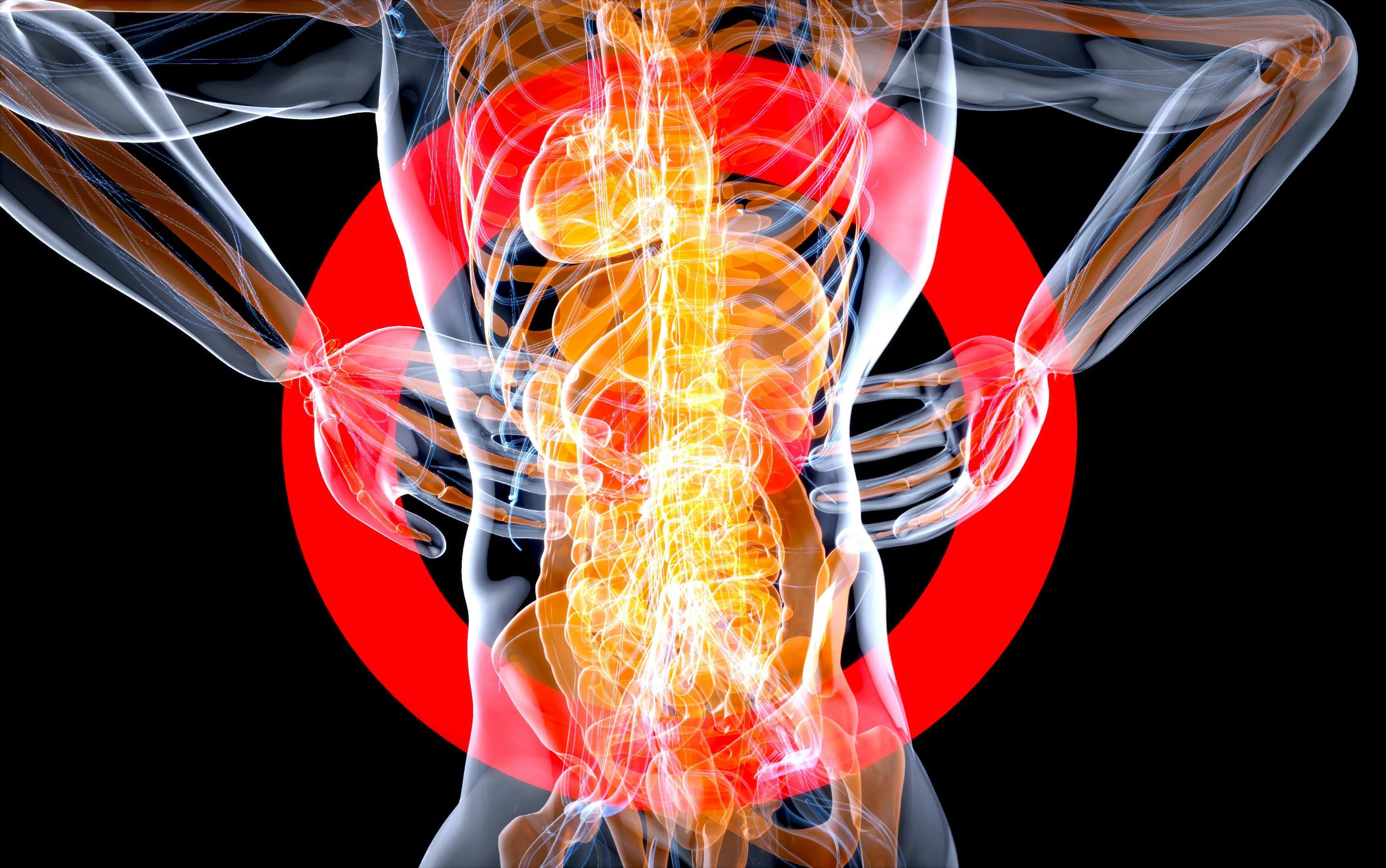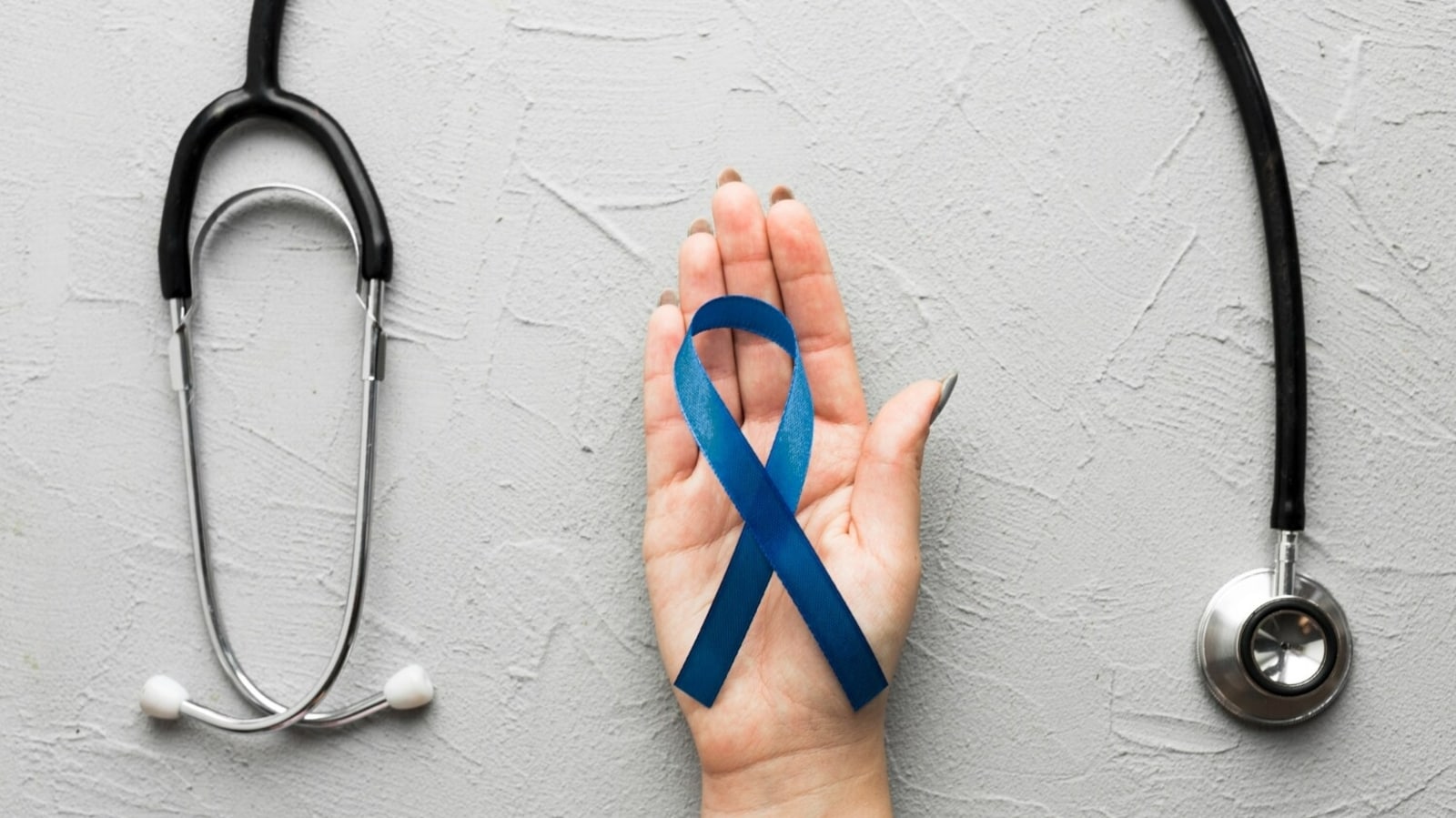Men’s health often takes a backseat until symptoms become hard to ignore. Ignoring early signs can have serious consequences, especially when it comes to cancers that develop quietly over time. Prostate cancer is one of the most common cancers among men, but early detection can make all the difference. (Also read: Oncologist warns ‘even non-drinkers are at risk’ as liver cancer rises among youth; shares causes and prevention tips )
 Dr. Jain highlights that early prostate cancer is often asymptomatic, stressing the importance of regular check-ups for men over 50. (Freepik) What is prostate cancer
Dr. Jain highlights that early prostate cancer is often asymptomatic, stressing the importance of regular check-ups for men over 50. (Freepik) What is prostate cancer
“Prostate cancer arises in the prostate, which is a small gland that produces seminal fluid responsible for the lubrication of semen. According to the National Cancer Registry Programme Report 2020, it is among the most common cancers in men worldwide, and in India, it is ranked the 3rd most common cancer in men, having an incidence rate of 6%,” says Dr Sunny Jain, Sr. Consultant and HOD-Medical Oncology, Accord Super Speciality Hospital.
He further shares with HT Lifestyle, “To mention the Aggressive prostate cancer, which is characterised by a disease that grows rapidly, may be spread beyond the prostate, and is more likely to be life-threatening. These are usually characterised by a high Gleason score (≥8), rapid PSA rise of more than 20ng/ml, or presence of metastases. They require early, intensive treatment rather than active surveillance.”
 Prostate cancer, prevalent among men, often shows no symptoms initially. (Unsplash)
Prostate cancer, prevalent among men, often shows no symptoms initially. (Unsplash)
According to Dr Jain, the most common risk factors include:
Advancing age, especially after 50 yearsObesity and a sedentary lifestyleHigh red-meat diets and low fruit/vegetable intakeHereditary factors, particularly BRCA gene mutationsWarning signs and symptoms
Early prostate cancer is often silent. Common complaints may include:
Urinary urgency, frequency, or hesitancyWeak urinary flowBone painErectile dysfunctionTreatment options
Treatment depends on the stage and overall health. Options range from active surveillance to advanced therapies such as:
Hormone therapy (mainstay for hormone-sensitive, non-metastatic prostate cancer)RadiotherapyImmunotherapySurgery
With timely detection, outcomes are excellent, global data show survival rates of over 95% for localised prostate cancer.
With early detection, survival for localised disease exceeds 95%. Men over 50, especially those with a family history, should undergo regular check-ups. Awareness, timely screening, and healthier lifestyles remain the best defence against prostate cancer.
Note to readers: This article is for informational purposes only and not a substitute for professional medical advice. Always seek the advice of your doctor with any questions about a medical condition.

